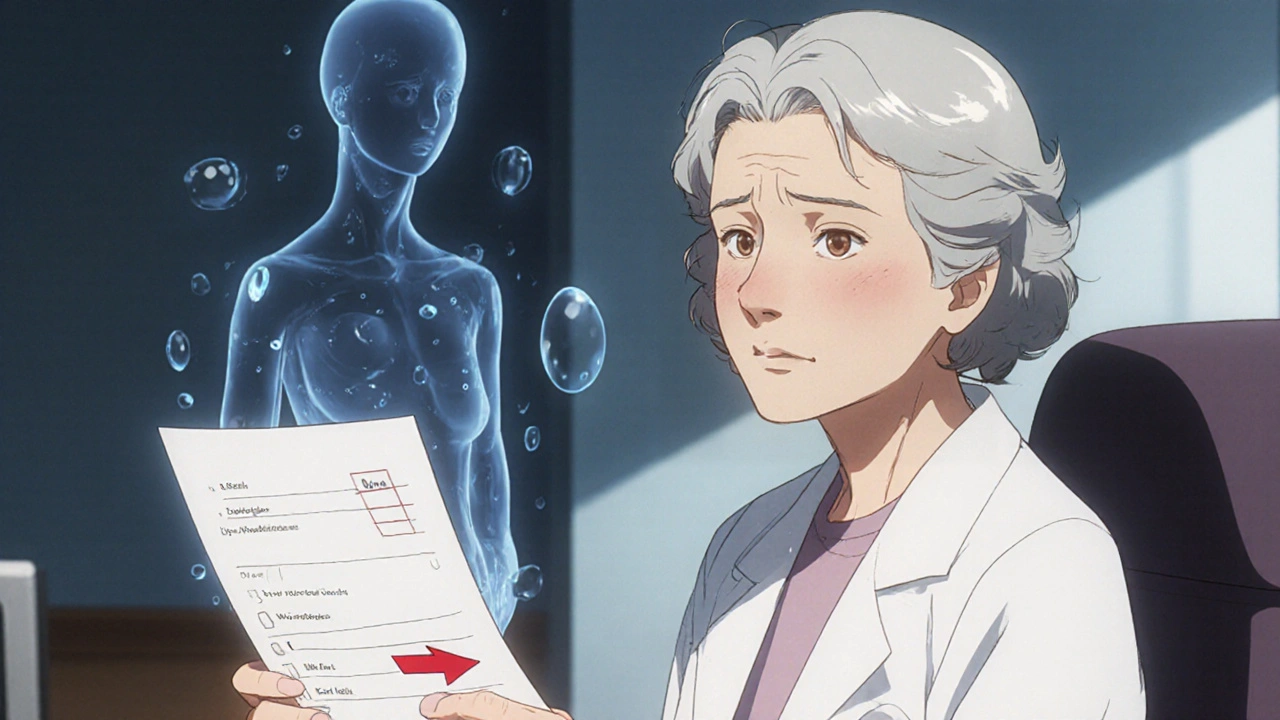SSRI Side Effects: What You Need to Know Before Taking These Antidepressants
When you start taking an SSRI, a class of antidepressants that increase serotonin levels in the brain to improve mood. Also known as selective serotonin reuptake inhibitors, these drugs are among the most prescribed treatments for depression, anxiety, and OCD. But while they help millions, they don’t come without trade-offs. Many people feel better within weeks, but others deal with side effects that can be just as troubling as the symptoms they’re trying to fix.
One of the most common issues is sexual dysfunction, a group of problems including reduced libido, trouble getting or keeping an erection, or delayed orgasm. This isn’t rare—it happens in up to 70% of users, according to real-world studies. It’s often underreported because patients feel embarrassed to bring it up. But if it’s affecting your quality of life, there are options: dose adjustments, switching medications, or adding a low-dose counteragent like bupropion. Don’t suffer in silence. Another frequent concern is SSRI withdrawal, a set of physical and emotional symptoms that can occur when stopping or reducing the dose too quickly. Also called discontinuation syndrome, it can cause dizziness, brain zaps, nausea, and even flu-like feelings. It’s not addiction—it’s your nervous system adjusting. But skipping doses or quitting cold turkey makes it worse. Tapering slowly under a doctor’s care is the only safe way out. And then there’s the rare but serious risk of serotonin syndrome, a dangerous buildup of serotonin that can happen if SSRIs are mixed with other drugs like tramadol, certain painkillers, or even St. John’s wort. Symptoms include high fever, rapid heartbeat, confusion, and muscle rigidity. If you feel this way, seek help immediately. These aren’t scare tactics—they’re facts you need to know before starting or stopping treatment.
Some side effects fade after a few weeks: nausea, headaches, insomnia, or feeling jittery. But others stick around. Weight gain is real for some people, though it’s not universal. Fatigue can creep in, making it harder to get through the day. And for younger users, there’s a small increased risk of suicidal thoughts early in treatment—something doctors monitor closely. The key isn’t to avoid SSRIs entirely, but to understand what you’re signing up for. If one drug doesn’t work or causes too many problems, another might. There are six major SSRIs on the market, each with slightly different profiles. What works for one person might not work for another.
Below, you’ll find real, no-fluff breakdowns of how SSRIs affect people in practice—what the side effects really look like, which ones are temporary, which ones need action, and how others have managed them. No jargon. No marketing. Just clear, honest info from people who’ve been there.

Older Adults on SSRIs: How to Prevent Hyponatremia and Falls
SSRIs help many older adults with depression, but they raise the risk of hyponatremia and falls. Learn how to spot the signs, choose safer meds, and prevent serious complications.
Continue Reading